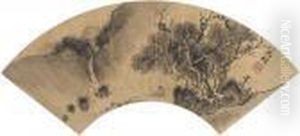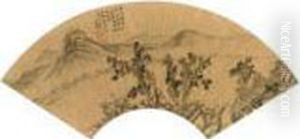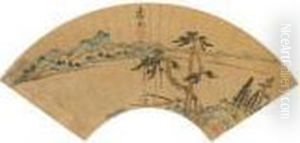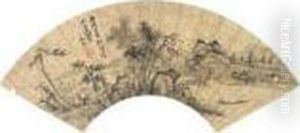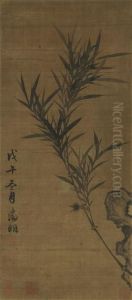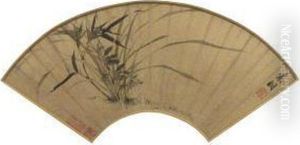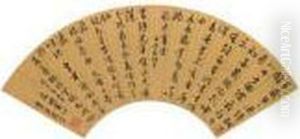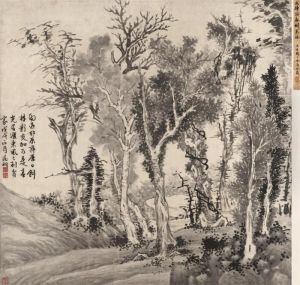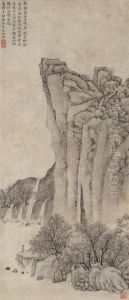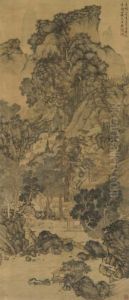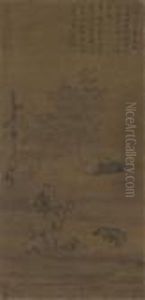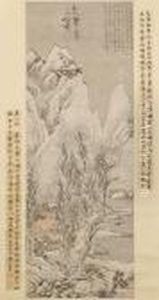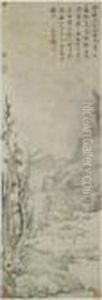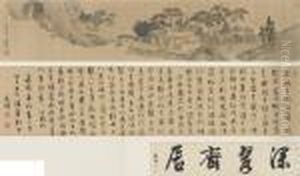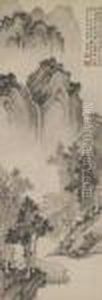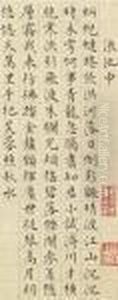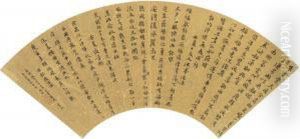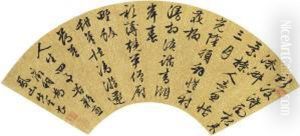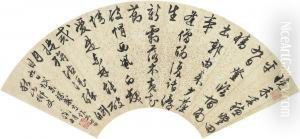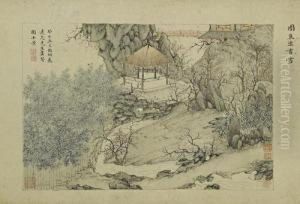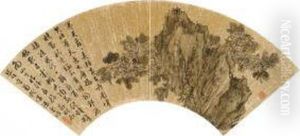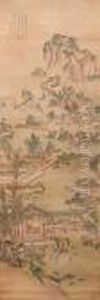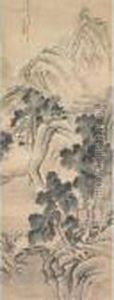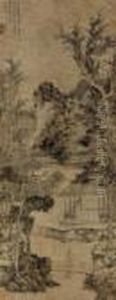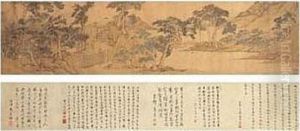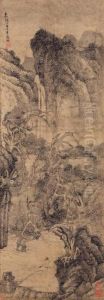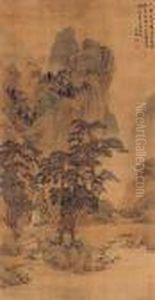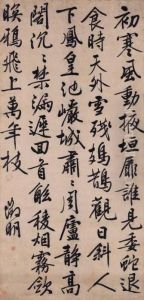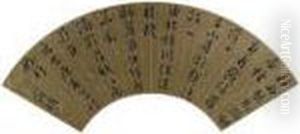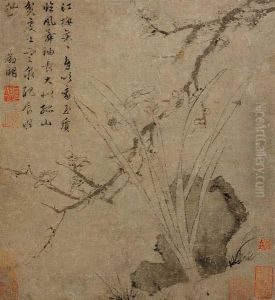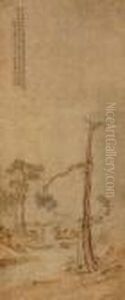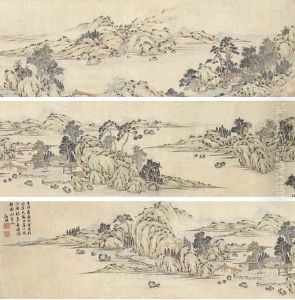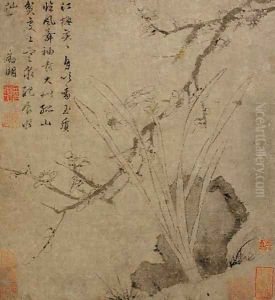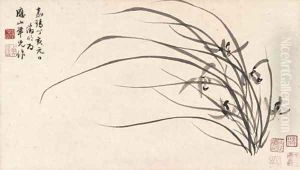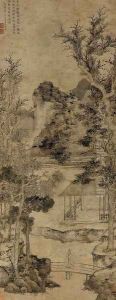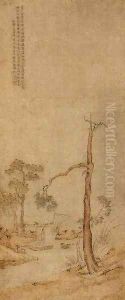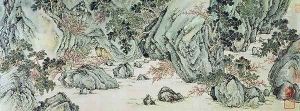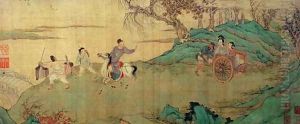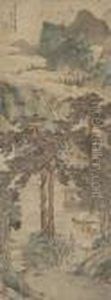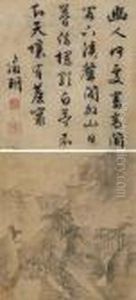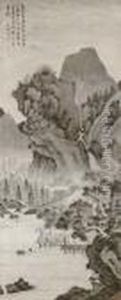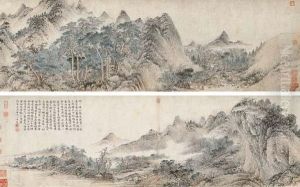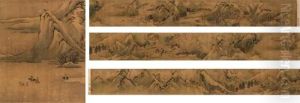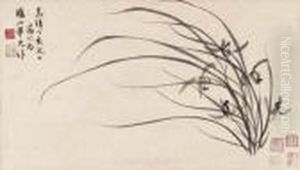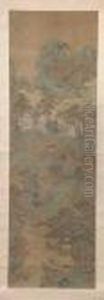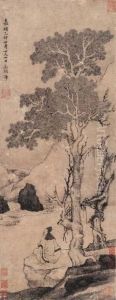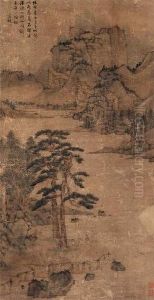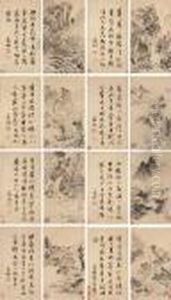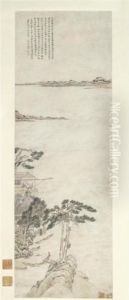Zhengming Wen Paintings
Wen Zhengming, also known by his courtesy name Wen Bi and his art name Hengshan, was a leading Ming dynasty painter, calligrapher, and scholar. Born in the city of Suzhou, which was a cultural center during the Ming dynasty, Wen Zhengming was one of the Four Masters of Ming painting, alongside Shen Zhou, Tang Yin, and Qiu Ying. His work had a profound influence on Chinese landscape painting and literati culture.
Wen Zhengming’s father was a government official, which allowed Wen to receive a comprehensive education in the classics, poetry, calligraphy, and painting. He passed the civil service examination in 1499, but his official career was not particularly distinguished. Instead, he turned to art and literature. He was a student and later son-in-law of the painter Shen Zhou, and was heavily influenced by his style.
Throughout his life, Wen Zhengming produced a large body of work, including landscape and garden paintings that reflected his deep love for nature and his philosophical interests in Taoism and Confucianism. His style is characterized by delicate and refined brushwork, which he combined with poetry and calligraphy, often inscribing his paintings with poems that complemented the scene depicted.
His home and garden in Suzhou, known as the Humble Administrator's Garden, is one of the most famous gardens in China and a UNESCO World Heritage Site. Although it is uncertain how much of the garden's current design is directly attributable to Wen Zhengming, the garden embodies the principles of natural beauty and harmony that Wen espoused in his art.
Wen Zhengming's legacy extends beyond his own work to the students he taught and the influence he exerted on later generations of artists. His emphasis on personal expression and the integration of painting, poetry, and calligraphy became hallmarks of the literati painting tradition. He is remembered as a symbol of the scholar-artist in Chinese culture, embodying the ideals of integrity and refinement.
